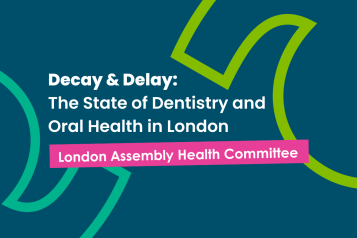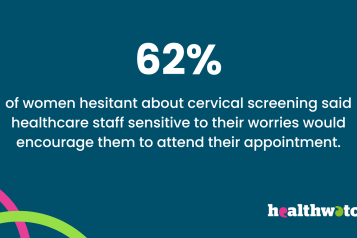On the Frontline of the UK's Corridor Care Crisis: Royal College of Nursing
'Corridor care' and 'temporary escalation spaces' are terms used to describe treatment that occurs in inappropriate spaces such as corridors, stairwells and storerooms.
The practice has become increasingly common despite the lack of privacy and risk to patients. A recent report from the Royal College of Nursing reveals the experiences of nurses on the front line of this crisis.
The practice has become increasingly common despite the lack of privacy and risk to patients. A recent report from the Royal College of Nursing reveals the experiences of nurses on the front line of this crisis.

The Royal College of Nursing Report
The Royal College of Nursing surveyed more than 5000 of its members and found that 66% of nurses had to deliver care in an inappropriate setting (e.g. a corridor, a storage room, a waiting room) daily.
Hundreds of direct stories from nurses in every region of England are shared in the report. In response to the report, the Secretary of State for Health and Care said that so-called corridor care would never be accepted or tolerated in the NHS, but that it would take time to restore standards in emergency care.
"The ask of our members and a growing number of concerned organisations, is for government and the NHS to be open and honest about conditions for patients." Professor Nicola Ranger General Secretary and Chief Executive of the Royal College of Nursing.
Joint-letter about the dangers of ‘corridor care’: Healthwatch England
Healthwatch England deputy chief executive, Chris McCann, issued a statement on the RCN report: “These devastating stories shared by nurses in the report by the RCN echo experiences that people tell us about. This includes a 75-year-old who spent 15 hours in an A&E corridor chair, eight hours on a trolley in a storage room and a further two hours in a ward corridor before finally being admitted.
“We applaud nurses for calling out this undignified and unsafe practice. Patients say they’re witnessing stressed and overstretched staff who are valiantly trying to cope with these extreme pressures.
“As a first step, we’re joining with other organisations in calling on the government to commit to transparency on the true extent of corridor care by ensuring figures are published for each hospital on the number of people being held in corridors or other inappropriate spaces.
“We need to know how many patients are affected, why and for how long and the extent to which people are harmed as a result. This would help inform the new emergency care plan being developed by the government. The plan must also look at other NHS pressures that impact on hospital care, such as a lack of timely GP appointments, and hospital discharge delays due to problems arranging ongoing social care for people, which stop beds being freed up for new inpatients.”
Healthwatch England and a coalition of trade unions, professional bodies, charities and patient groups, call for an end to treating patients in corridors and other inappropriate spaces.


